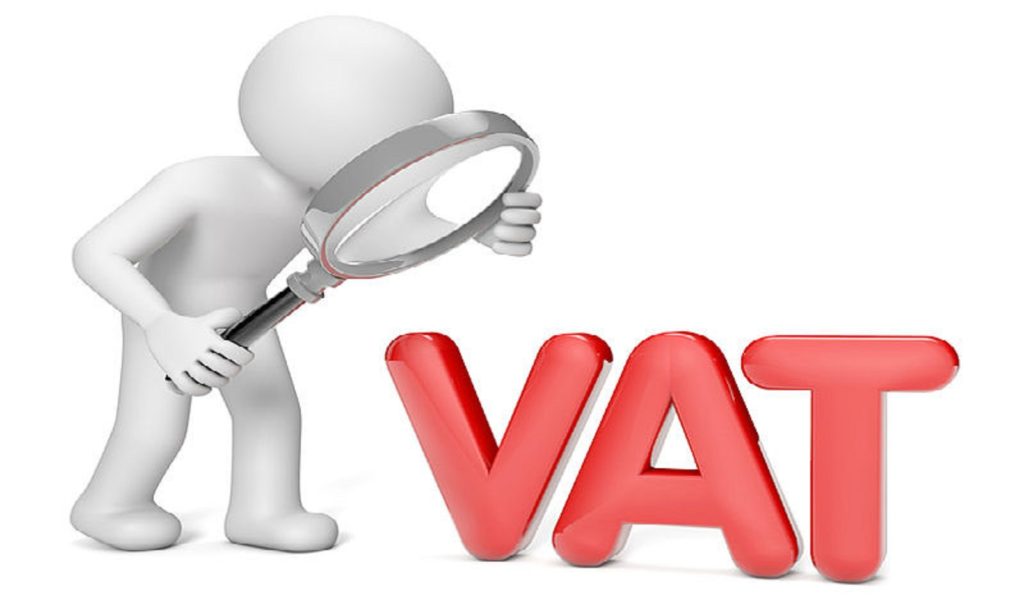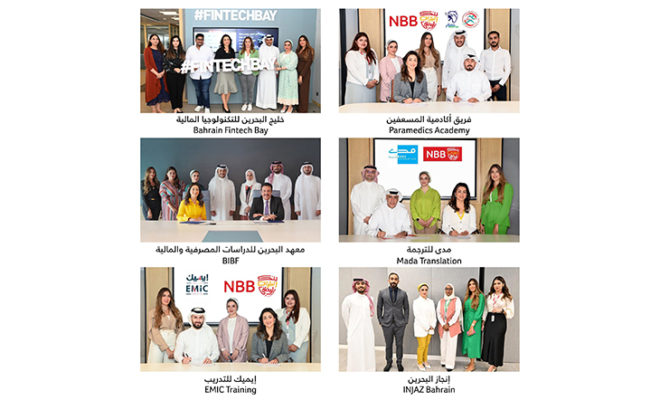What is VAT and how does the BBIC support its entrepreneurs towards it?

The value-added tax is a type of tax that applies to all provisions of goods and services. The VAT is usually assessed and collected on the value of goods or services that have been provided every time there is a transaction (sale/purchase). The VAT treaty that was signed by all of the GCC countries introduces the common principles of the VAT system which will be followed by all GCC states. On February 2017, the Kingdom of Bahrain signed the GCC unified Value Added Tax (“VAT”) Treaty, followed by a framework agreement in 2018, with other state members of the GCC which requires member states to implement local legislations on the execution and regulation of VAT.
The implementation of VAT is a step forward into keeping up with the change of the regional economic landscape and enhancing the Kingdom’s public finances, especially in light of the recent drop in oil prices which resulted into pushing the Bahraini dinar to its lowest value in more than 10 years. The standard rate imposed is (5%) of the value of supplied or imported goods and provided services, as regulated by the provisions of Decree No. 48 of 2018 issued in October 2018. Bahrain will introduce and implement VAT on 1 January 2019
. Bahrain Business Incubation Centre’s (BBIC) role in supporting its entrepreneurs towards proper implementation of VAT
Bahrain Business Incubation Centre’s (BBIC) role in supporting its entrepreneurs towards proper implementation of VAT
As part of our continued dedication to support the entrepreneurial community of Bahrain, and in order to meet all their technical, financial and legal requirements, BBIC ensures entrepreneurs’ readiness towards implementation of VAT into their businesses by providing proper awareness, guidance and coaching on the importance of VAT and the necessary commitments required prior to implementation. BBIC offers multiple channels of support of which many are related to financial and legal guidance. Through partnering up with capable third party Tax consultants, BBIC utilizes its platform to host VAT awareness programs, workshops and training sessions to help spread the technical know-how of VAT implementation and bridge the gap between businesses and service providers.
Businesses should assess their legal structures and supply chains to identify and highlight VAT risk areas. Subsequently, legal arrangements should be reviewed to determine whether they reflect the reality and whether they contain proper tax clauses. In terms of VAT recovery, businesses should explore various opportunities to enhance the VAT recovery position. Such opportunities may include but are not limited to VAT grouping and revisiting financial arrangements. VAT is expected to provide a new source of income and will also help towards achieving the government’s vision. It will be a source of income that will help fund projects and services for the benefit of the people and will also help diversify away from oil and gas revenues as primary sources of income.
For more information:
www.bbicbahrain.com
+973 1735 8800













